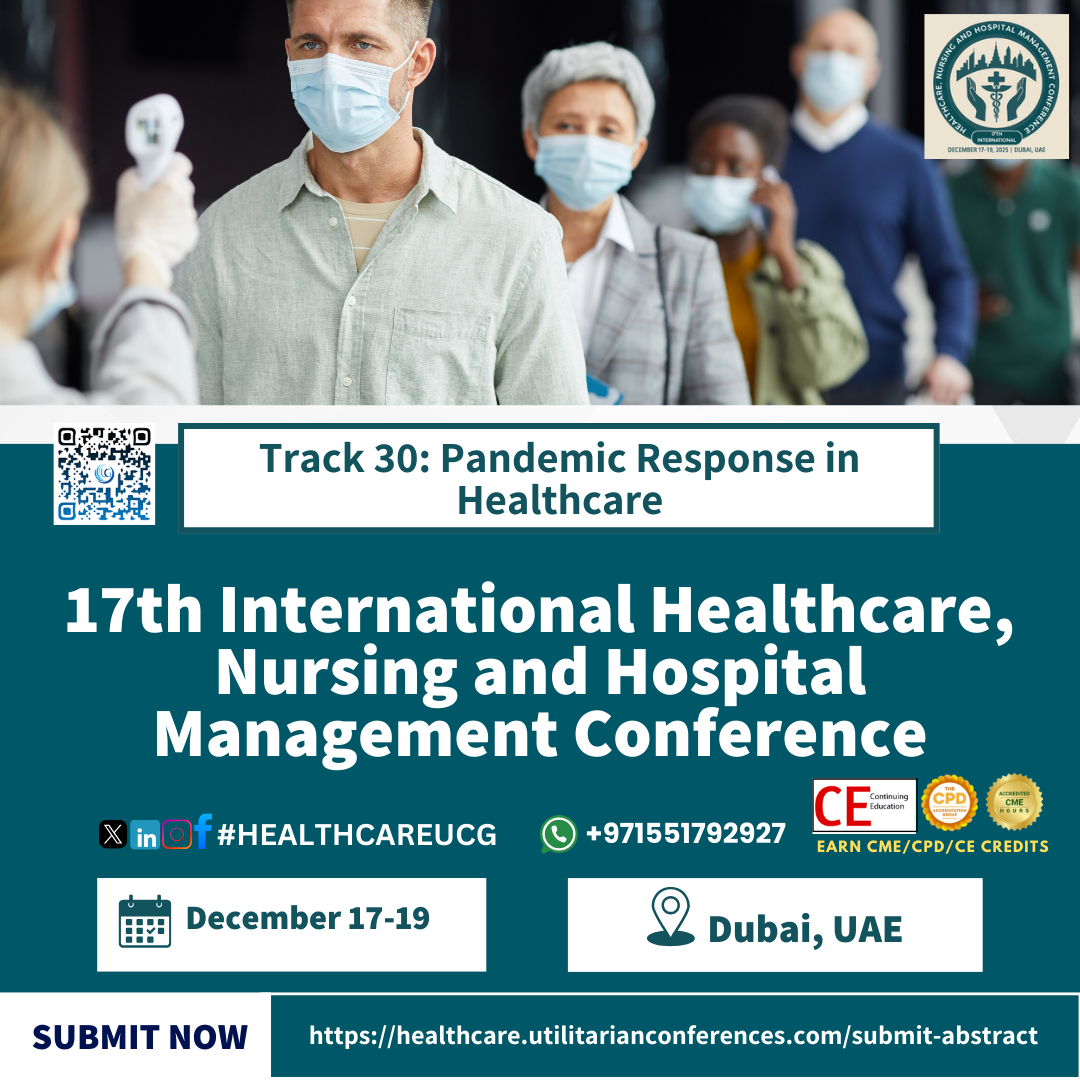



Primary healthcare is the first level of contact individuals, families, and communities...

Personalized and precision medicine are innovative approaches to disease prevention, diagnosis, and...

Pandemics challenge the resilience, agility, and infrastructure of healthcare systems worldwide. The response to pandemics involves coordinated efforts across public health agencies, hospitals, healthcare workers, governments, and communities. Effective response plans are essential for minimizing mortality, managing healthcare resources, and maintaining continuity of care.
One of the critical components of pandemic response is preparedness. This includes establishing early warning systems, stockpiling essential medical supplies, and conducting regular training exercises for healthcare personnel. During a pandemic, hospitals must quickly adapt by creating isolation zones, increasing intensive care capacity, and implementing infection prevention protocols.
The role of healthcare professionals becomes even more vital during pandemics. Nurses, doctors, and frontline workers face increased workloads, heightened risk of exposure, and emotional stress. Supporting their mental health and ensuring adequate staffing are essential aspects of the response.
Technology has significantly shaped modern pandemic responses. Telemedicine, data analytics, AI-driven modeling, and digital contact tracing have helped reduce the spread and improve treatment strategies. Additionally, rapid vaccine development and distribution, as seen during the COVID-19 pandemic, exemplify the importance of global collaboration and scientific innovation.
Public communication is another cornerstone of effective pandemic management. Transparent, timely, and evidence-based information fosters trust, promotes compliance with health measures, and counters misinformation.
Conclusion
Pandemic response in healthcare is a multifaceted endeavor that requires foresight, coordination, innovation, and compassion. The lessons learned from past pandemics must inform future strategies, ensuring that health systems become more resilient and responsive. Building stronger public health infrastructure, embracing technology, and supporting healthcare workers are key to navigating future health crises effectively.
#Healthcare #ConferenceDubai #NewYear2026 #BurjKhalifa #DubaiMahal #HospitalManagement #PatientSafety #HealthcareDubai #UAE2026 #MedicalConference #SmartHealthcare